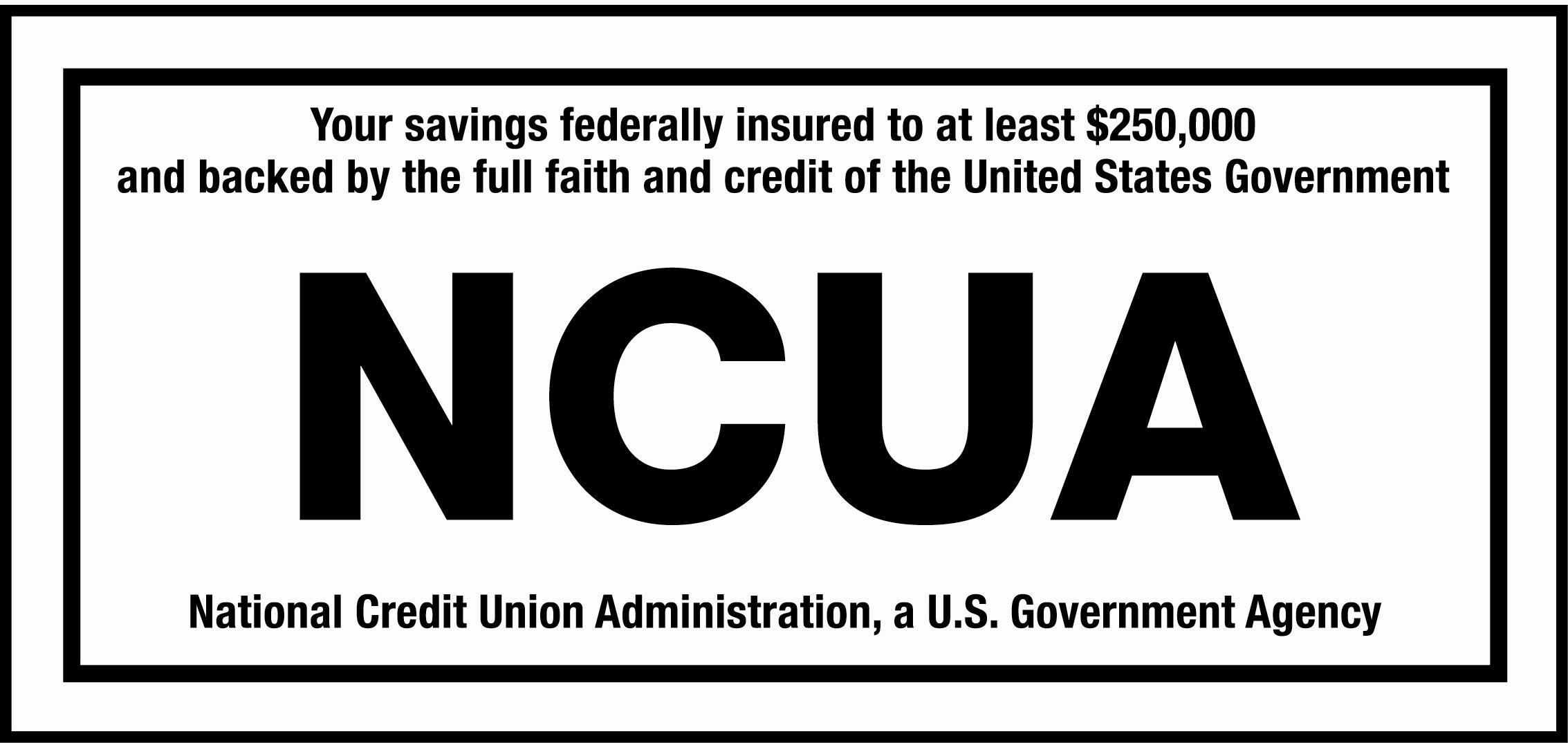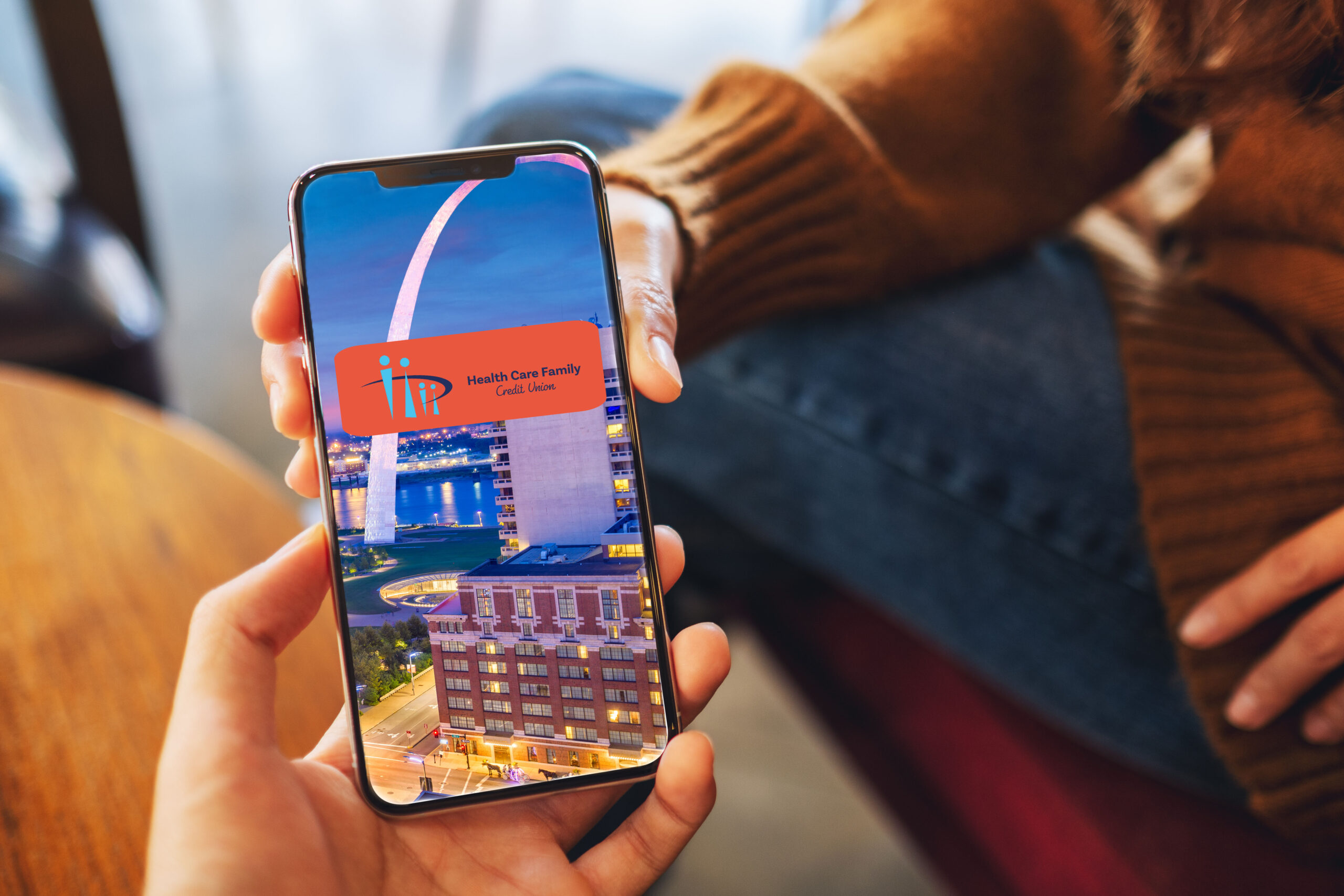Summertime In Scam City
Scammers don’t take summers off, in fact, some scams ramp up during the summer, particularly those geared toward vacations or travel.
An increasingly common one involves hotels. You’re awakened at night by a phone call from the front desk saying there’s been a problem with your credit card. Then, you are asked to read the number one more time, presumably to run it again. The scammers hope you’ll do something while half-asleep that you’d never do when wide awake: give out credit card info to a stranger on the phone.
Other hotel guests find pizza delivery menus slipped under their doors, and when they place an order using a debit or credit card, they get no extra cheese… just a stolen card number.
Another scam involves a cabbie who unloads your bags at the airport in a rush, then speeds away with at least one of your bags in the trunk. Sgt. Jerry MacDonald of the Las Vegas Police Department has seen plenty of this one: “Trust me when I tell you, they’ll snatch your luggage up faster than you can blink an eye.”
Scams can happen any time, though. And they can happen anywhere. Scammers often take advantage of the very technologies we’ve grown to depend on. For instance, a recent version involves cellphones and the number 72. You might receive an awful call telling you of a death in the family followed with instructions to call another number beginning with *72 for details (a hospital, perhaps, or a doctor). But there’s no death and no doctor; this just transfers your number to the scammer, who can give it to anyone in the world, with you picking up the tab. Don’t use *72 or any other number to forward calls to someone you don’t know.
Phones are also the medium for juror scams, in which individuals get calls saying they’ve failed to turn up for jury duty and asking for personal details so the court can cancel an arrest warrant. They may also suggest they confirm those details for possible future jury duty. Be aware: Courts never seek details like a credit card or Social Security number of the phone. If in doubt, contact the court directly. And report the incident to the police.
Speaking of police, there are reports of scammers telephoning as bogus cops, saying the marks have been photographed breaking the speed limit. They are demanding a hefty fine (payable by credit card, naturally). Don’t be cowed; legitimate police officers don’t do this. Ever.
Everyone uses text messaging today, so text phishing has become as common as email phishing used to be. Scammers will send a text message, supposedly from your bank or credit union, asking you to visit a website that, once again, asks for personal details to “unlock” or “verify” your account. As a general rule, never follow a link you’re not sure about.
A new twist on the scam phone call has been reported by the US Citizenship and Immigration Services (USCIS): scammers are calling immigrants in the US pretending to be from Immigration, Refugees, and Citizenship Canada (IRCC). They threaten people with investigation or a lawsuit, throwing around terms like “affidavit” and “allegations,” and of course they tell you to pay by money transfer or gift card. The IRCC, like the USCIS, doesn’t collect payments this way, and they have no reason to ask for basic personal info they would already possess (date of birth, for example, or passport number). And they don’t threaten to arrest or deport people.
David Dewey, director of research at Pindrop Security, says scammers thwarted by the added protection of chip-embedded credit cards have now turned to mobile wallets, tapping into account through Apple Pay, Google Wallet, Samsung Pay, PayPal and others.
Dewey put the security of mobile wallets to a little test: he secretly copied credit card numbers and expiration dates from a few colleagues, then a little Google investigation revealed the answers to “secure” identification questions (such as a colleague’s mother’s maiden name). Within minutes, Dewey had strolled over to Whole Foods and bout lunch for the office. (The colleague was reimbursed.)
“It’s amazing how easy it was to add somebody else’s credit card info to my Apple Pay account, “Dewey says. There will always be new scams to take advantage of new technologies. Check your credit card statements carefully for unexpected charges.
Finally, with new Medicare cards on the way (no longer showing your Social Security number), scammers are taking advantage by calling, claiming to be from Medicare. They are asking for your Social Security number or demanding you pay for your new card. Hang up, and report scams to the FTC. Medicare will never call you, and your new card is free.
No matter your circumstances, if you get a call or email asking for your money or personal information – stop. Don’t wire money. Just hang up. You’ll remember your summer much more fondly.



